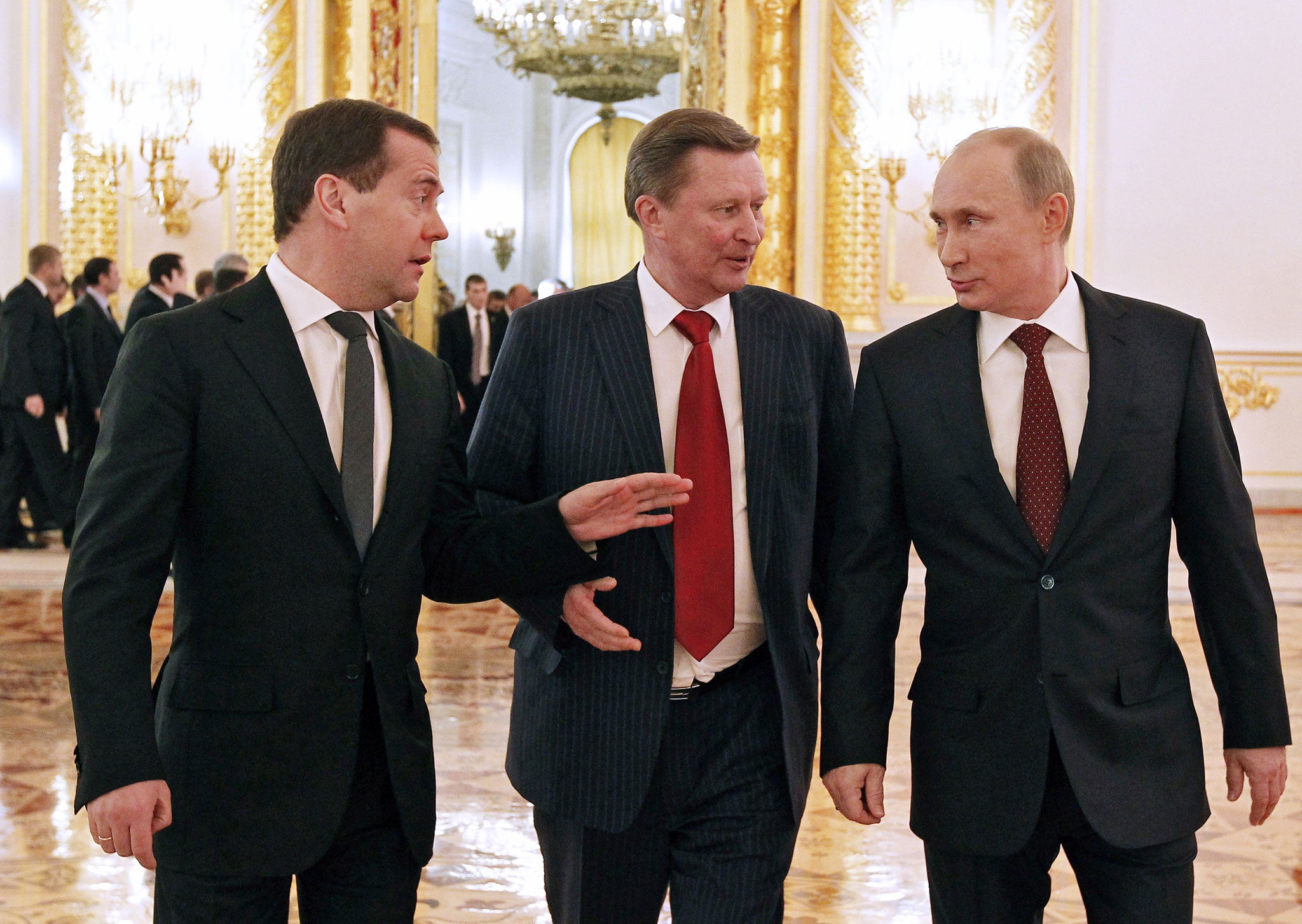Keeping the Litvinenko papers secret will smooth the path of one possible Putin successor
Putin's chief of staff Sergei Ivanov was well known to the murdered double-agent


Relations between Britain and Russia were on an upwards trajectory in 2000. The days of Margaret Thatcher adhering to Ronald Reagan’s “evil empire” rhetoric had begun to end. Intelligence flashpoints of the previous decades – such as supposed Kremlin involvement in the assassination of Georgi Markov, and the defection of senior KGB officer Oleg Gordievsky – were in the past.
The newly elected President Vladimir Putin saw the UK as a partner and conduit in the European Union and the US, making London the destination for his first Western visit. Tony Blair had signalled support by visiting him in Moscow two weeks before the presidential elections. Britain was the fourth largest foreign investor in Russia, and oligarchs were bringing fortunes into Londongrad.
All this would begin to descend into acrimony a few years later with the refusal of the UK to extradite one oligarch, Boris Berezovsky, and the Chechen separatist Akhmed Zakayev. The Russians accused the UK of espionage with the aid of a device hidden in a plastic “rock”. Then came the polonium murder of Alexander Litvinenko, the Kremlin’s refusal to hand over suspect Andrei Lugovoi, and diplomatic expulsions.
It had made eminent sense for the British to meet Sergei Ivanov in the autumn of 2000, and for Mr Litvinenko to analyse what transpired. The two men had served together in the KGB and its successor FSB, before their careers veered in opposite directions. In 1998 Lieutenant Colonel Litvinenko was among a group of FSB officers who accused their superiors of ordering the assassination of Mr Berezovsky. He was arrested and acquitted twice before fleeing with his family in 2000 to Britain where he was granted asylum. Mr Ivanov, meanwhile, had risen rapidly through the ranks, becoming one of the youngest generals, with Mr Putin making him his deputy in 1998.
Mr Litvinenko was to become a consultant to MI6, and his possession of the Foreign Office documents on Mr Ivanov’s London visit indicates his work for Britain’s Intelligence Service began soon after his arrival here. The relationship continued; he was to meet his British handler, “Martin”, just before his death.
On Tuesday the Foreign Secretary won a court ruling which will ensure that documents about Mr Litvinenko will be kept secret on grounds of national security. Mr Ivanov’s star, meanwhile, continues to shine. He is now President Putin’s chief of staff and, according to Moscow watchers, a possible successor.
Join our commenting forum
Join thought-provoking conversations, follow other Independent readers and see their replies
Comments
Bookmark popover
Removed from bookmarks